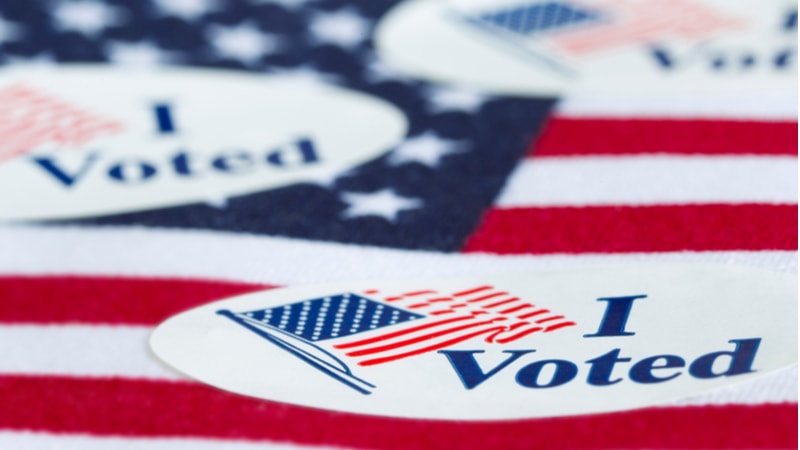
President Biden on Sept. 7 extended a national emergency order dating back to 2018 and warning of the potential for overseas meddling in U.S. elections.
The declaration of a national emergency was originally put in place by President Trump in 2018 in Executive Order 13848.
The order warns of the “unusual and extraordinary threat to the national security and foreign policy of the United States constituted by the threat of foreign interference in or undermining public confidence in United States elections.”
President Biden said this week that those threats continue in place, and that the continued growth of communications technologies may only magnify those concerns.
“Although there has been no evidence of a foreign power altering the outcomes or vote tabulation in any United States election, foreign powers have historically sought to exploit America’s free and open political system,” President Biden said in the Sept. 7 order that extends by one year the emergency declared in 2018.
“In recent years, the proliferation of digital devices and internet-based communications has created significant vulnerabilities and magnified the scope and intensity of the threat of foreign interference,” he said.
“The ability of persons located, in whole or in substantial part, outside the United States to interfere in or undermine public confidence in United States elections, including through the unauthorized accessing of election and campaign infrastructure or the covert distribution of propaganda and disinformation, continues to pose an unusual and extraordinary threat to the national security and foreign policy of the United States,” the president said.
